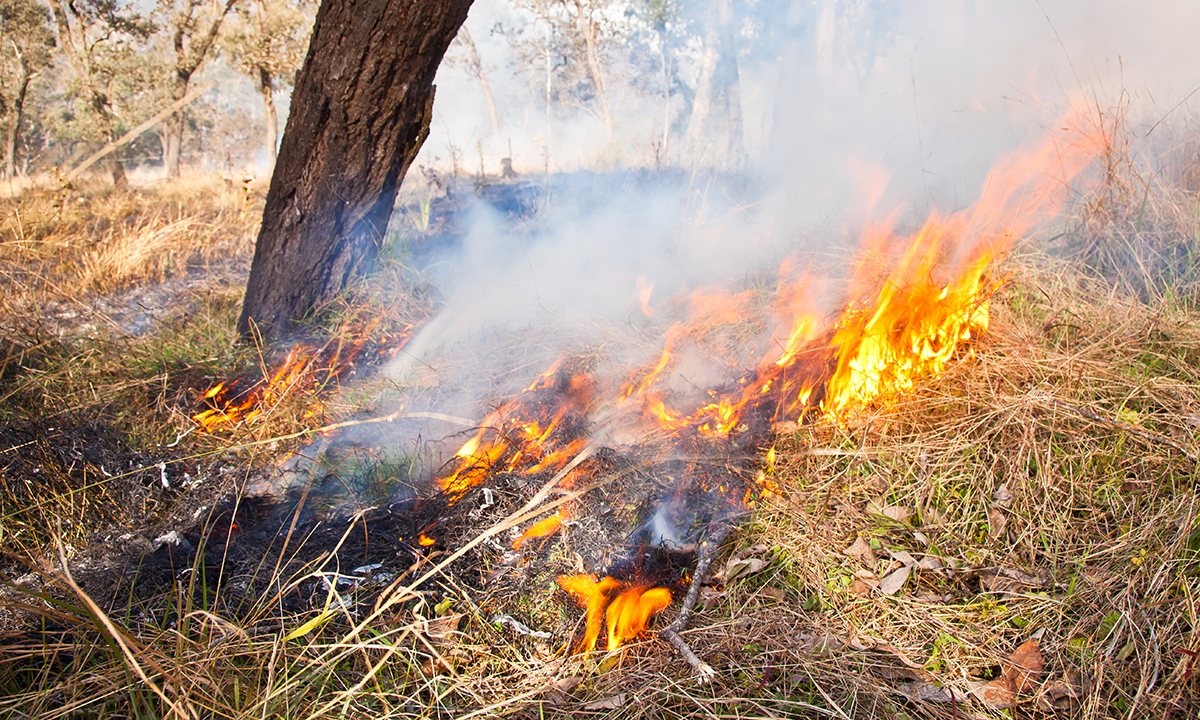“The land cannot work for itself or speak for itself, that’s why it needs us to work and speak for it … In the big picture, the land and its people belong to one another, and so we need to take care of the health of our people if we are going to look after the land.”
Makungun Marika, Indigenous ranger
A FAILURE to recognise the importance of connection to country has hampered efforts to close the gap in Aboriginal and Torres Strait Islander health, an Alice Springs GP has argued.
Writing in the MJA, Dr Rosalie Schultz from the Centre for Remote Health at Flinders University said that comprehensive primary health care for many Aboriginal and Torres Strait Islander people required connection to country and support for land management activities.
“Integration of land management into health care services may be part of the transformative change needed to better serve Aboriginal and Torres Strait Islander people,” Dr Schultz wrote.
Dr Schultz claimed that a narrow focus on clinical outcomes in health care meant that “the very meaning of health for Aboriginal and Torres Strait Islander people [was] often overlooked”.
“When asked about their health, Aboriginal and Torres Strait Islander people draw attention to the importance of relationships with their culture and country,” she wrote.
Dr Schultz cited research showing that Indigenous participation in caring for country activities, such as working as Indigenous rangers, was associated with significantly better health.
“Recognition of Aboriginal and Torres Strait Islander people’s knowledge and skills in land management may enhance individual and community autonomy, cultural identity and sense of control,” she wrote. “Addressing these factors may counteract the underlying health disadvantage that reflects profound loss of control, disempowerment and disengagement that many Aboriginal and Torres Strait Islander people suffer.”
Caring for country activities also had the benefits of increased physical activity, less alcohol and illicit substance use, greater access to bush food and less access to takeaway foods, she wrote.
Dr Schultz suggested that investment in caring for country may help close the gaps in Indigenous education, employment and health that have continued to deteriorate despite government efforts.
Makungun Marika, who has been a ranger in Yilpara in North East Arnhem Land for almost a decade, told MJA InSight that his work had given him “purpose in life”.
“The land cannot work for itself or speak for itself, that’s why it needs us to work and speak for it,” he said.
Mr Marika’s work includes repairing environmental damage caused by feral animals such as buffaloes and pigs, and controlling the spread of noxious weeds. However, it also includes working as part of a project alongside local families to improve awareness of rheumatic heart disease, a major cause of preventable deaths among children in the region.
He explained: “In the big picture, the land and its people belong to one another, and so we need to take care of the health of our people if we are going to look after the land”.
The rheumatic heart disease project is being coordinated by the Menzies School of Health Research.
Alice Mitchell, a Menzies PhD scholar who is involved in the project told MJA InSight that “country and health and wellbeing are inseparable in the minds of Aboriginal people – certainly in remote locations”.
She added: “We only consider this unusual because we come from a Western individualistic perspective”.
In an accompanying MJA podcast, Dr Schultz said that it was disappointing that there were only around 800 full-time equivalent Indigenous ranger positions Australia-wide, and that many Indigenous people could not access their native lands because they were occupied.
“It’s quite difficult for people to access their traditional country,” she said. “Nearly 80% of Aboriginal and Torres Strait Islander people recognise a homeland, but only a quarter live on it and only half have access,” she said.
John Paterson, executive officer of the Aboriginal Medical Services Alliance of the Northern Territory told MJA InSight that “there would be positive health spin-offs for Aboriginal people involved in looking after country”.
He said that Indigenous ranger positions represented “meaningful jobs for Aboriginal people”, as opposed to the federal government’s “punitive” Community Development Programme.
In 2016, the ABC reported that participants in the Community Development Programme were being fined for not attending activities such as hygiene classes and 3D printing training.
A spokesperson from the Department of the Prime Minister and Cabinet, which runs the Working on Country program said that the federal government had committed to expanding the numbers of Indigenous rangers.
“Under the Indigenous Advancement Strategy (IAS), applications for Community-led Grants concerning the establishment of new Indigenous ranger projects can be received at any time,” the spokesperson told MJA InSight.
“Since 2013, more than $14 million of additional funding has been committed to support new and existing Indigenous ranger groups (at May 2017). In addition, $15 million was allocated as part of 2017-18 Budget to support the expansion of the Indigenous Protected Areas program – supporting the employment of more Indigenous rangers.”
To find a doctor, or a job, to use GP Desktop and Doctors Health, book and track your CPD, and buy textbooks and guidelines, visit doctorportal.

 more_vert
more_vert